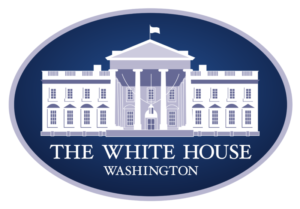
Planned U.S. tariffs on goods from Canada and Mexico, set to take effect Feb. 1, could significantly increase costs for American consumers, experts warn. The Trump administration’s proposed 25% tariffs on all imports from these key trade partners may lead to higher prices for gasoline, groceries, and automobiles.
Gas Prices Could Spike
Canada and Mexico supply 70% of U.S. crude oil imports, crucial for gasoline production. Experts estimate that tariffs could raise gas prices by 40 to 70 cents per gallon, particularly in the Midwest and coastal regions. Combined with seasonal price hikes, fuel costs could jump by up to $1 per gallon in the spring.
Grocery Costs Set to Climb
Mexico is a major supplier of U.S. agricultural products, including 90% of avocados and a large share of tomatoes, cucumbers, peppers, and limes. If tariffs are implemented, these products would likely see significant price increases, as finding alternative suppliers would be challenging. Additionally, the cost of beer, tequila, and other Mexican alcoholic beverages—which amounted to $26 billion in U.S. imports in 2022—could also rise.
Impact on Auto Industry
Canada and Mexico are the top U.S. trading partners for cars and auto parts, with imports totaling $120 billion in 2023. Tariffs on these goods could lead to higher costs for car manufacturers, which would likely be passed on to consumers.
The White House has defended the policy as part of Trump’s “America First” economic strategy, though experts caution that tariffs could add inflationary pressure. Given past negotiations, there is also uncertainty about whether the tariffs will take effect or be used as a bargaining tool in trade talks.






